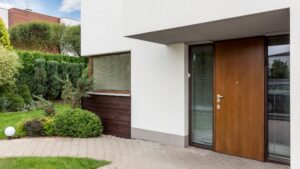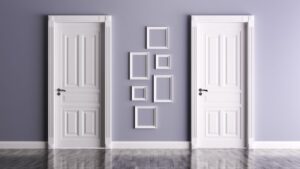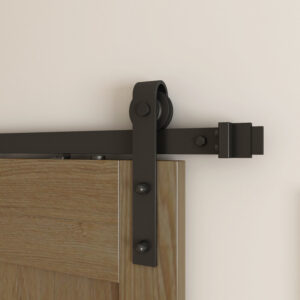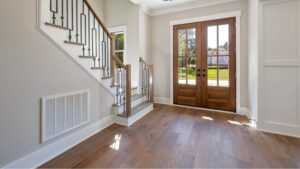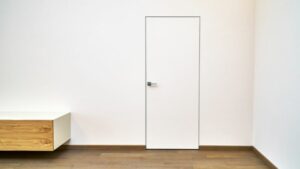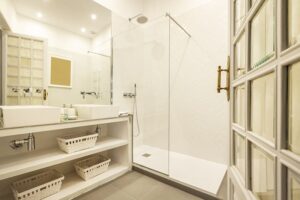Glass doors are a popular choice for many homeowners due to their versatility and aesthetic appeal. They allow natural light to flow through your home, creating a welcoming atmosphere while providing varying levels of privacy depending on the type of glass used.
As you explore your options, you’ll notice that there are a variety of styles and designs available, making it easy to find the perfect fit for your home’s decor.
When selecting a glass door, it’s important to consider the level of privacy and visibility you desire, as well as the frame material and finishes that complement your home’s style. Keep in mind that glass doors aren’t just for entryways – they can also be used as interior doors, enhancing the flow and openness of your living space. By understanding the different types of glass doors available, you can make an informed decision that meets your design goals and functional needs.
Key Takeaways
- Glass doors are available in many styles and designs to match your home’s decor
- Consider privacy levels, frame materials, and finishes when choosing a glass door
- Glass doors can be used for both exterior and interior applications, enhancing your living space.
Fundamentals of Glass Doors
Glass doors can offer style and function to your home. There are different types of glass used in these doors, each with unique properties and benefits. In this section, we’ll explore three key types of glass: annealed glass, tempered glass, and safety glass.
Annealed Glass
Annealed glass is a simple type of glass that is created through a slow cooling process. It is commonly used in its original form for interior applications, such as glass front doors or partitions.
Annealed glass tends to be less expensive compared to other types, but it is also less durable.
When this type of glass breaks, it shatters into sharp, irregular pieces, which can pose a safety risk. Therefore, it is recommended to use annealed glass in areas where the risk of breakage is minimal.
Tempered Glass
Tempered glass is a popular choice for doors due to its increased strength and safety features. This type of glass is created through a process that involves heating and rapid cooling, which results in a stronger structure.
Tempered glass is about four times stronger than annealed glass and can withstand higher temperatures and pressure.
If tempered glass breaks, it crumbles into small, relatively harmless pieces, making it a safer option over annealed glass. This feature makes tempered glass ideal for use in your glass front door or other areas where safety is a priority.
Safety Glass
Safety glass is designed specifically to minimize the risk of injury in case of breakage. There are several types of safety glass, including laminated and wire-reinforced glass.
Laminated safety glass features two or more layers of glass bonded together with a transparent plastic interlayer. In the event of breakage, the interlayer helps hold the glass together, preventing sharp shards from falling. This type of glass is often used in applications where clear visibility and increased safety are desired.
Wire-reinforced safety glass incorporates a mesh-like wire grid within the glass layers. This wire reinforcement can help hold the glass together in case of breakage and also add an extra layer of security, deterring potential intruders.
As you consider which type of glass to use for your doors, keep in mind your specific needs and requirements in terms of safety, strength, and aesthetics. By understanding the differences between annealed, tempered, and safety glass, you can make informed decisions to enhance your home’s style and security.
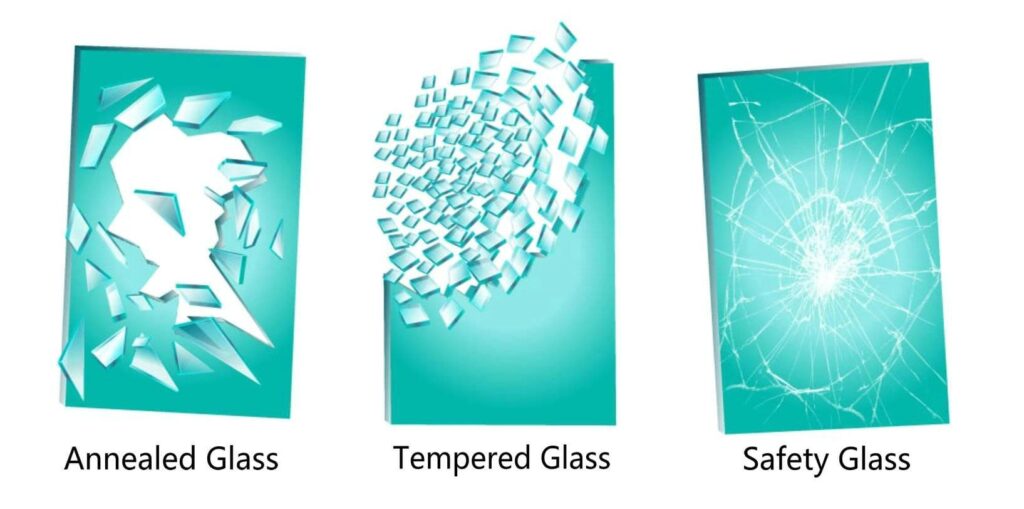
Types of Glass Doors
French Doors
French doors are a classic choice for both interior and exterior applications. They typically feature two door panels that swing open, allowing for a wide entryway.

French doors are perfect if you’re looking to add an elegant touch to your home while maximizing natural light. They can be used in living rooms, patios, and even as entry doors.
Sliding Doors
Sliding doors are a popular choice for many homes, thanks to their space-saving design and ease of use. These doors glide smoothly along a horizontal track, making them great for tight spaces and providing seamless access to outdoor areas.
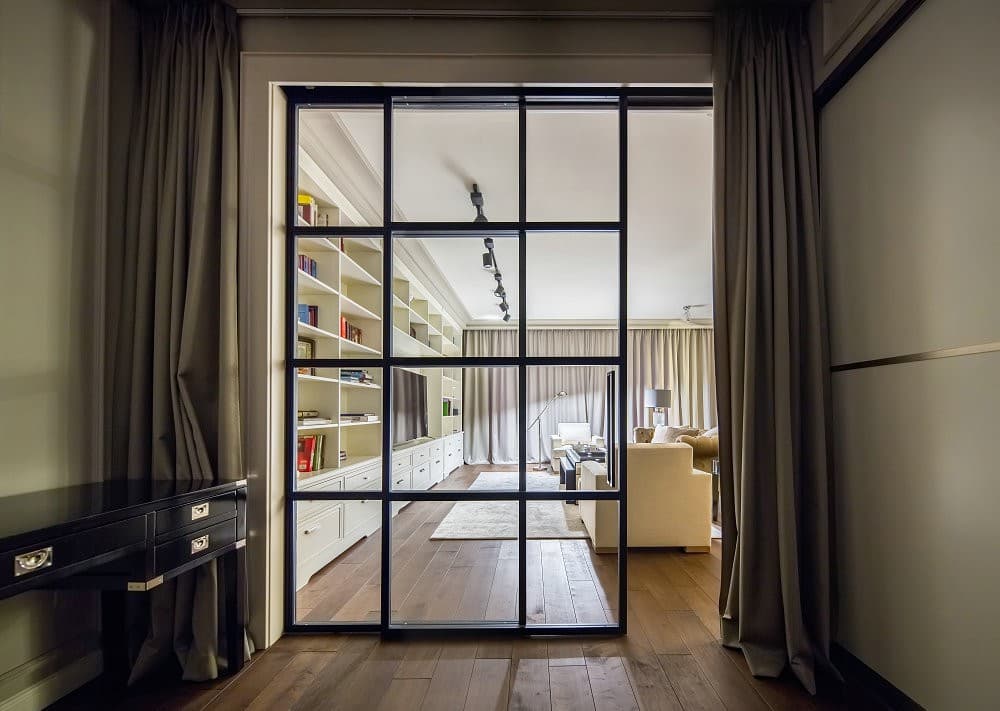
Sliding glass doors are typically used as exterior doors, such as patio or balcony entrances, allowing plenty of natural light into your home.
Barn Doors
Barn doors bring a rustic charm to any home, while still offering a modern aesthetic. They are mounted on a track and slide horizontally, similar to sliding doors.
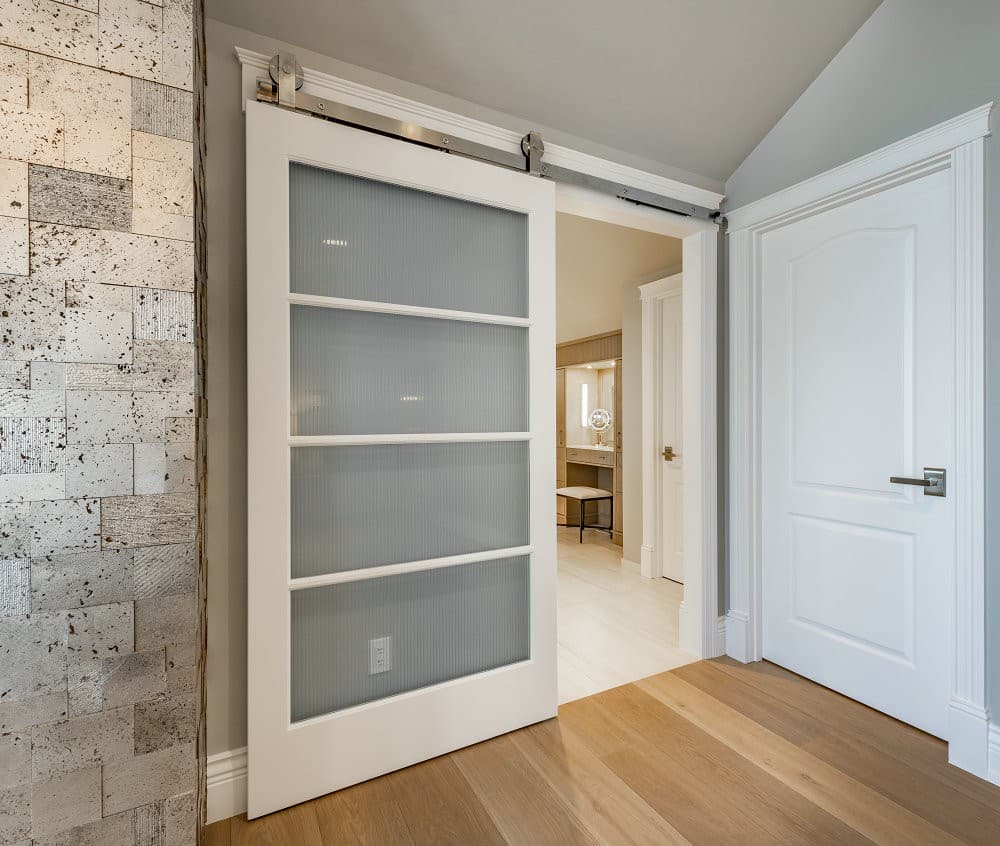
Barn doors can be used as both interior and exterior doors and are a great choice for separating rooms, such as a living room and dining area, or as a stylish entryway.
Hinged Doors
Hinged doors are probably the most common type of door you’ll encounter. They are attached to a frame with hinges, allowing them to swing open and close.
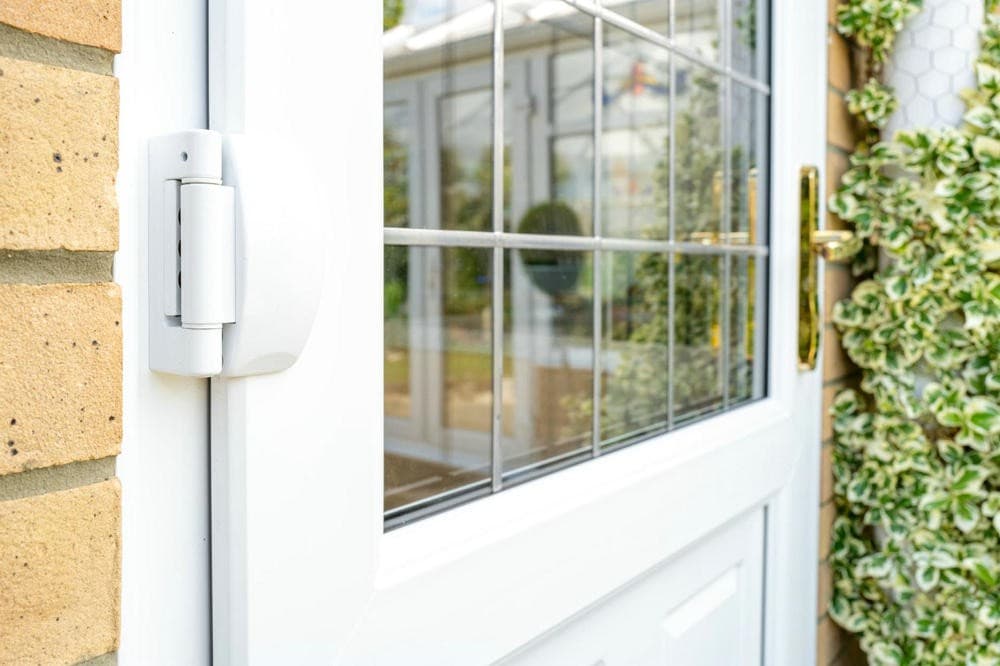
Hinged glass doors are a great choice for both interior and exterior doors, and they come in a variety of styles, from traditional to contemporary. They offer a simple and versatile option for any room in your home.
Bi-Fold Doors
Bi-fold doors consist of multiple door panels that fold against each other when opened. These doors are perfect for creating a wide, open space and connecting your indoors with the outdoors.
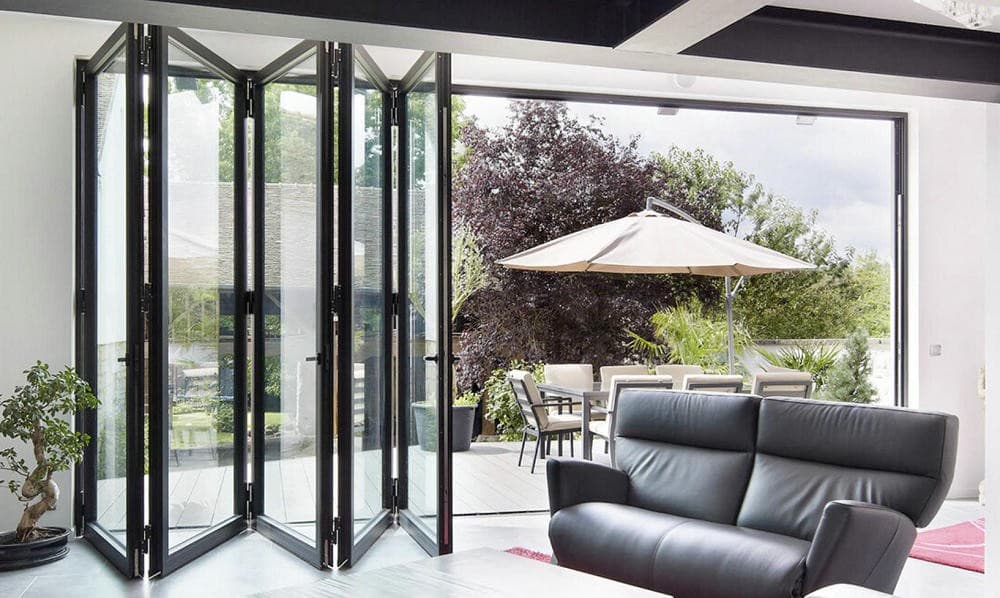
They can be used as exterior doors, such as patio entrances, or even as room dividers. Bi-fold doors provide a unique and stylish solution for maximizing your living spaces.
Pivot Doors
Pivot doors are a modern and unique option for your home. They feature a central pivot point, allowing the door to swing open in a smooth, circular motion.
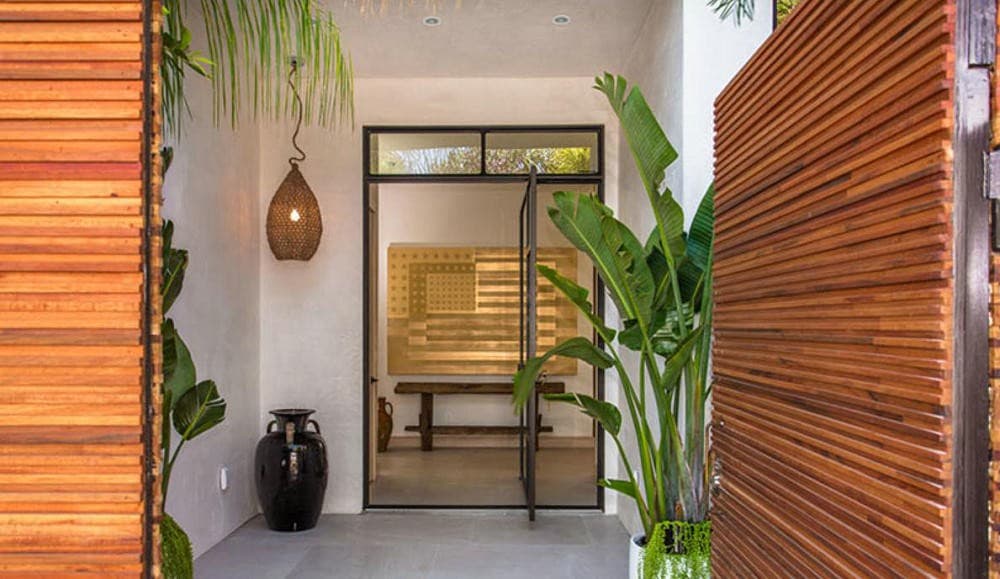
This innovative design can make your entryway a focal point while offering an elegant and functional solution. Pivot doors work well as both interior and exterior doors and are sure to impress your guests.
Material Choices and Finishes
When it comes to choosing the perfect glass doors for your home, it’s essential to consider the frame material and finishes. The most popular materials for glass door frames are wood, metal, and vinyl. In this section, we’ll discuss the characteristics of each material and their pros and cons.
Wood-Frame Doors
Wooden frames have long been the go-to choice for many homeowners due to their timeless appeal and impressive strength. Wood-frame glass doors come in a variety of finishes and can be stained or painted to match your home’s decor. One thing to keep in mind is that wood requires regular maintenance, such as painting and staining, to keep it in good condition.
Pros:
- Timeless appearance
- Variety of finishes available
- Strong and durable
Cons:
- Requires regular maintenance
- Susceptible to weather damage
Metal-Frame Doors
Metal-frame glass doors, commonly made from steel or aluminum, offer excellent durability and weather resistance. They have a modern appearance and can be finished in a variety of colors and textures to fit your home’s style. A key advantage of metal-frame doors is their low maintenance requirements compared to wooden frames.
Pros:
- Low maintenance
- Durable and long-lasting
- Weather-resistant
Cons:
- Might be susceptible to dents
- Can sometimes have a utilitarian appearance
Vinyl Doors
Vinyl glass doors are a popular and low-maintenance option for many homeowners. They are easy to clean and don’t need to be painted or stained. These doors are known for their energy efficiency, often featuring insulation or multi-pane glass that helps keep your home warm. They come in a variety of colors and finishes, but they may not be as strong or durable as wood or metal options.
Pros:
- Energy-efficient
- Low maintenance
- Wide variety of colors and finishes
Cons:
- Lower strength compared to wood or metal
- Can be less durable over time
| Material | Pros | Cons |
| Wood | Timeless appearance, strong, variety | Regular maintenance, weather damage |
| Metal | Low maintenance, durable, weather-resistant | Dent susceptibility, utilitarian look |
| Vinyl | Energy-efficient, low maintenance, variety | Lower strength, durability concerns |
By considering the characteristics and pros and cons of each material type, you can make an informed decision for your glass door’s frame material and finish. Remember to take factors such as maintenance requirements, durability, and appearance into account when making your choice.
Glass Options and Designs
Frosted Glass
Frosted glass is a popular choice for those seeking both privacy and aesthetic appeal. This type of glass has a translucent appearance, created by sandblasting or acid etching the surface.
Frosted glass allows natural light to pass through while obscuring the view from the outside, making it ideal for bathroom or bedroom doors. Additionally, you can choose from various designs and patterns to suit your style preferences.
Tinted Glass
For those looking to control sunlight and increase energy efficiency, tinted glass might be the solution. Tinted glass is created by adding metal oxides into the molten glass during production, resulting in a range of colors like bronze, gray, or green. This type of glass can reduce heat gain and glare from sunlight, making it perfect for doors in warmer climates or facing direct sunlight.
Laminated Glass
Laminated glass is another option to consider for safety and noise reduction. It’s composed of two sheets of glass with a clear plastic interlayer, making it harder to break and providing extra security. In case the glass breaks, the plastic layer keeps the fragments in place, reducing the risk of injury. Laminated glass also offers improved noise reduction and UV protection, making it a versatile choice for various door designs.
Different Types of Glass
When selecting the right glass for your door, it’s important to consider the following glass types:
- Single-pane glass: This type of glass consists of just one layer of glass, offering basic functionality. It’s less expensive but doesn’t provide much insulation or energy efficiency.
- Double-pane glass: Double-pane or insulated glass consists of two layers of glass separated by an air or gas-filled space, offering better energy efficiency and noise reduction. These glass types are ideal for improving thermal performance and reducing energy costs in your home.
- Low-E glass: Low-emissivity (Low-E) glass has a special coating that reflects heat and UV rays, providing increased energy efficiency and protecting your furnishings from fading. This type of glass is a great choice if you want to maximize the benefits of both insulation and sun control in your home.
By understanding the various glass options and designs available, you can make an informed decision to suit your needs and preferences in creating the perfect door for your home.
Additional Features and Considerations
Security
When choosing a glass door, it’s important to consider the security aspects. Tempered glass is stronger and more durable compared to standard float glass, providing better protection against break-ins. You can also opt for doors with wrought iron or frosted glass panels to add an extra layer of security without compromising on aesthetics.
Aesthetics
The variety of glass designs available for doors allows you to customize the look of your living space and create a unique ambiance. From clear to frosted glass, and even intricate patterns or artwork, there are numerous options to choose from. Make sure to consider the style of your home and take inspiration from different sources to find the perfect glass door design that suits your taste.
Space and Functionality
Selecting the right type of glass door can help you maximize your living space and improve functionality. Sliding and bi-fold doors are popular space-saving options that provide easy access between indoor and outdoor areas, while panel doors offer insulation and privacy without sacrificing natural light.
- Sliding Doors: Glide horizontally on a track, ideal for connecting indoor and outdoor spaces
- Bi-fold Doors: Consist of multiple folding door panels, perfect for optimizing space in smaller areas
- Panel Doors: Feature multiple glass panels, offering a balance between insulation and natural light
Installing Glass Doors
Proper door installation is essential for overall functionality and security. Depending on the type of glass door and its location in your home, weight-bearing and framing requirements may vary.
Make sure to consult with a professional contractor or glass door expert to obtain accurate information and ensure a successful installation that meets safety and aesthetic standards. Remember to also inquire about available warranty options and maintenance requirements for your chosen glass door.
Frequently Asked Questions
What are common interior glass door options?
When it comes to interior glass doors, you have several options to choose from. Some popular choices include French doors, sliding glass doors, and pocket doors. French doors are perfect for creating an open feel between rooms, while sliding glass doors save space and pocket doors discreetly slide into the wall when not in use. Each option has its unique benefits and can easily enhance the aesthetics of your space.
Which materials are used for glass door frames?
Door frames for glass doors come in a variety of materials, such as wood, metal, and vinyl. Wood frames provide a timeless and classic look, while metal (aluminum or steel) offers a modern aesthetic and enhanced durability. Vinyl frames are known for their energy efficiency and low maintenance requirements. Your choice of frame material will likely depend on your design preferences, budget, and desired maintenance level.
What are popular glass types for front doors?
Several glass types can be used for front doors, but some popular options include clear glass, frosted glass, and decorative or stained glass. Clear glass allows natural light to enter your home while providing visibility. Frosted glass provides privacy while still letting light in. Decorative or stained glass adds a touch of elegance and offers various styles to suit your home’s design.
Which glass is best for door durability?
For optimal durability, look for glass doors made from tempered glass. This type of glass is known for its strength and can withstand impacts better than standard glass. In case of breakage, tempered glass breaks into small, less dangerous pieces with rounded edges, ensuring greater safety for your household.
What materials are used in door glass?
Door glass is typically made from materials such as annealed, tempered, or laminated glass. Annealed glass, also known as float glass, is commonly used in windows and can be cut and shaped more easily. Tempered glass provides added safety, as mentioned earlier, while laminated glass consists of multiple glass layers fused with a plastic interlayer, offering added security and soundproofing properties.
How are all-glass doors referred to?
All-glass doors, which feature a completely glass structure without any visible framing, are sometimes referred to as frameless glass doors. This design style provides a sleek, minimalistic, and modern look, allowing for uninterrupted views and the seamless flow of light between spaces.

